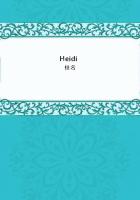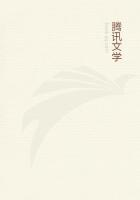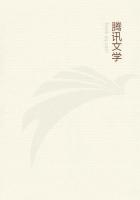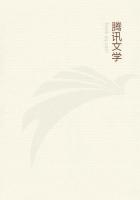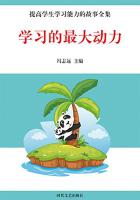I record this with satisfaction as a testimony of great weight, and in all respects unexceptionable; for Sir Alexander Ball's opinions throughout life remained unwarped by zealotry, and were those of a mind seeking after truth, in calmness and complete self-possession.
He was much pleased with an unsuspicious testimony furnished by Dampier (vol. ii. part 2, page 89): "I have particularly observed," writes this famous old navigator, "there and in other places, that such as had been well-bred were generally most careful to improve their time, and would be very industrious and frugal where there was any probability of considerable gain; but on the contrary, such as had been bred up in ignorance and hard labour, when they came to have plenty would extravagantly squander away their time and money in drinking and ****** a bluster." Indeed it is a melancholy proof how strangely power warps the minds of ordinary men, that there can be a doubt on this subject among persons who have been themselves educated. It tempts a suspicion that, unknown to themselves, they find a comfort in the thought, that their inferiors are something less than men; or that they have an uneasy half-consciousness that, if this were not the case, they would themselves have no claim to be their superiors. For a sober education naturally inspires self-respect. But he who respects himself will respect others; and he who respects both himself and others, must of necessity be a brave man.
The great importance of this subject, and the increasing interest which good men of all denominations feel in the bringing about of a national education, must be my excuse for having entered so minutely into Sir Alexander Ball's opinions on this head, in which, however, I am the more excusable, being now on that part of his life which I am obliged to leave almost a blank.
During his lieutenancy, and after he had perfected himself in the knowledge and duties of a practical sailor, he was compelled by the state of his health to remain in England for a considerable length of time. Of this he industriously availed himself to the acquirement of substantial knowledge from books; and during his whole life afterwards, he considered those as his happiest hours, which, without any neglect of official or professional duty, he could devote to reading. He preferred, indeed he almost confined himself to, history, political economy, voyages and travels, natural history, and latterly agricultural works; in short, to such books as contain specific facts or practical principles capable of specific application. His active life, and the particular objects of immediate utility, some one of which he had always in his view, precluded a taste for works of pure speculation and abstract science, though he highly honoured those who were eminent in these respects, and considered them as the benefactors of mankind, no less than those who afterwards discovered the mode of applying their principles, or who realised them in practice. Works of amusement, as novels, plays, etc., did not appear even to amuse him; and the only poetical composition of which I have ever heard him speak, was a manuscript poem written by one of my friends, which I read to his lady in his presence. To my surprise he afterwards spoke of this with warm interest; but it was evident to me that it was not so much the poetic merit of the composition that had interested him, as the truth and psychological insight with which it represented the practicability of reforming the most hardened minds, and the various accidents which may awaken the most brutalised person to a recognition of his nobler being. I will add one remark of his own knowledge acquired from books, which appears to me both just and valuable. The prejudice against such knowledge, he said, and the custom of opposing it to that which is learnt by practice, originated in those times when books were almost confined to theology, and to logical and metaphysical subtleties; but that at present there is scarcely any practical knowledge which is not to be found in books. The press is the means by which intelligent men now converse with each other, and persons of all classes and all pursuits convey each the contribution of his individual experience. It was, therefore, he said, as absurd to hold book-knowledge at present in contempt, as it would be for a man to avail himself only of his own eyes and ears, and to aim at nothing which could not be performed exclusively by his own arms.
The use and necessity of personal experience consisted in the power of choosing and applying what had been read, and of discriminating by the light of analogy the practicable from the impracticable, and probability from mere plausibility. Without a judgment matured and steadied by actual experience, a man would read to little or perhaps to bad purpose; but yet that experience, which in exclusion of all other knowledge has been derived from one man's life, is in the present day scarcely worthy of the name--at least for those who are to act in the higher and wider spheres of duty. An ignorant general, he said, inspired him with terror; for if he were too proud to take advice he would ruin himself by his own blunders, and if he--were not, by adopting the worst that was offered. A great genius may indeed form an exception, but we do not lay down rules in expectation of wonders. A similar remark I remember to have heard from a gallant officer, who to eminence in professional science and the gallantry of a tried soldier, adds all the accomplishments of a sound scholar and the powers of a man of genius.

